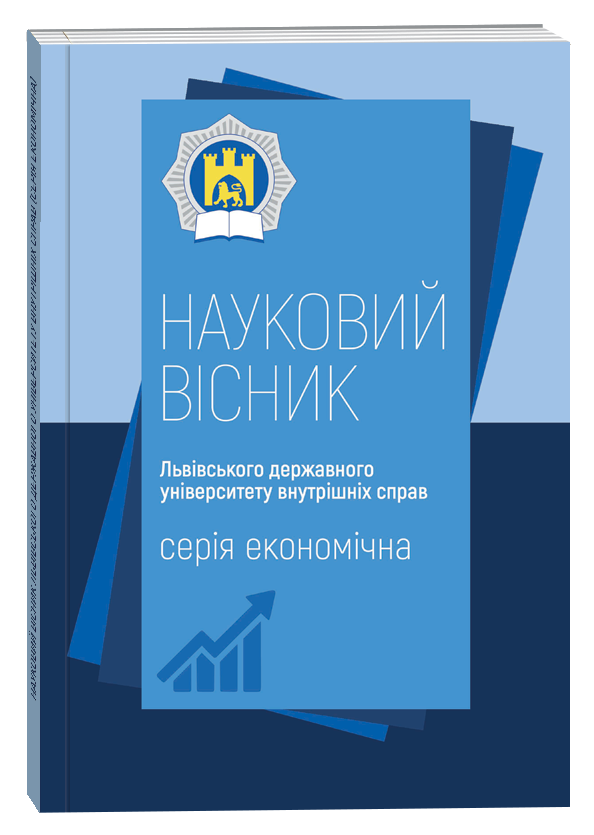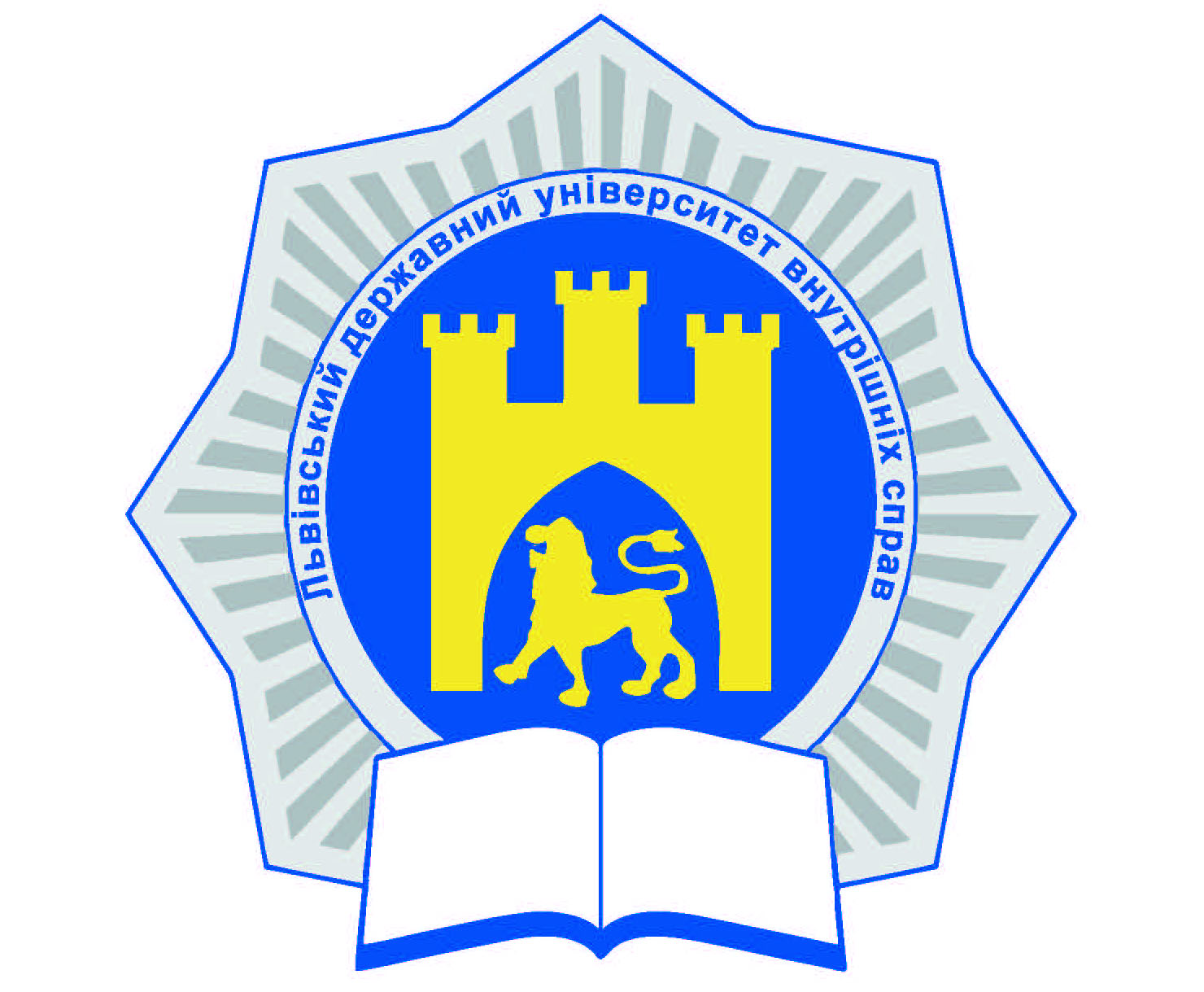ЗАБЕЗПЕЧЕННЯ ПРОДОВОЛЬЧОЇ БЕЗПЕКИ УКРАЇНИ: ВИКЛИКИ ВОЄННОГО ЧАСУ
DOI:
https://doi.org/10.32782/2311-844X/2024-1-11Ключові слова:
продукти харчування, продовольча безпека, безпека держави, воєнний стан, забезпечення продовольчої безпеки, воєнний часАнотація
Метою статті є характеристика особливостей забезпечення продовольчої безпеки України в умовах воєнного часу. У дослідженні для характеристики забезпечення продовольчої безпеки України в умовах воєнного часу використовувалися загальнонаукові методи дослідження, а саме: метод теоретичного та порівняльного аналізу, індукції та дедукції, графічний метод, тенденційного аналізу. Встановлено, що значення продовольчої безпеки в Україні посилюється у ширшому контексті національної безпеки. Самостійна Україна, здатна виробляти достатньо продовольства для задоволення своїх потреб та виконання своїх експортних зобов'язань, за своєю суттю стійкіша до зовнішнього тиску та криз. Виокремлено основні наслідки пандемії COVID-19 на продовольчу безпеку України. Доведено, що забезпечення продовольчої безпеки України полягає в створенні умов для надійного доступу всіх верств населення до достатньої, безпечної та поживної їжі в будь-який час, що сприяє активному та здоровому способу життя. Визначено що забезпечення продовольчої безпеки досягається через стабілізацію внутрішнього агропродовольчого ринку, підтримку аграрного сектору, використання інновацій у сільському господарстві, а також ефективне управління природними та фінансовими ресурсами. Доведено, що особлива увага приділяється також зміцненню експортного потенціалу країни, забезпечуючи її важливу роль на світовому продовольчому ринку. Встановлено, що військові дії прямо вплинули на аграрну інфраструктуру України, включаючи знищення чи пошкодження сільськогосподарських угідь, зерносховищ, переробних заводів та логістичних мереж. Визначено, що в умовах воєнного стану забезпечення продовольчої безпеки України набуває особливої складності та критичної важливості. Охарактеризовано виклики воєнного часу для системи забезпечення продовольчої безпеки України. Доведено, що важливим аспектом стає також міжнародна підтримка та співпраця для подолання гуманітарних викликів, пов'язаних із забезпеченням продовольства.
Посилання
Franchuk V., Omelchuk O., Melnyk S., Kelman M., & Mykytyuk O. Identification the ways of counteraction of the threats to the financial security of high-tech enterprises. Business: Theory and Practice. 2020. No. 21(1). P. 1–9.
Pushak, Y., Lagodiienko, V., Basiurkina, N., Nemchenko, V., & Lagodiienko, N. Formation the system for assessing the economic security of enterprise in the agricultural sector. Business: Theory and Practice. 2021. No. 22(1). P. 80–90. DOI: https://doi.org/10.3846/btp.2021.13013
Haber J, Bukhtiarova A, Chorna S, Lastremska O Forecasting the level of financial security of the country on the example of Ukraine. Investment Management and Financial Innovations. 2018. No. 15 (3). P. 304–317.
Auci S., & Barbieri N. Innovation for climate change adaptation and technical efficiency: an empirical analysis in the European agricultural sector. Economia Politica. 2020. No. 28(4).
Shynkar S., Gontar Z., Dubyna M., Nasypaiko D., & Fleychuk M. Assessment of economic security of enterprises: theoretical and methodological aspects. Business: Theory and Practice. 2020. No. 21(1). P. 261–271. DOI: https://doi.org/10.3846/btp.2020.11573
Goldsmith P., & Gow H. Strategic positioning under agricultural structural change: A critique of long jump cooperative ventures. International Food and Agribusiness Management Review. 2005. No. 8(2). P. 41−61.
Schmink M. Feeding the world: Brazil’s transformation into a modern agricultural economy. Journal of Interdisciplinary History. 2020. No. 50(3). P. 475−477.
Melnyk S., Shuprudko N., Kolosovska I., Berest I., & Pasichnyk M. Anti-crisis personnel management in the process of ensuring the economic security of the enterprise. Business: Theory and Practice. 2020. No. 21(1). P. 272–281. DOI: https://doi.org/10.3846/btp.2020.114383
Avanesova N., & Chuprin Y. Enterprise economic security: essential characteristics of the concept. Innovative Technologies and Scientific Solutions for Industries. 2017. No. 1. P. 98–102. DOI: https://doi.org/10.30837/2522-9818.2017.1.098
Khalina O., Bazyliuk V., Chornenka O., Krasilych I., & Korzh M. Formation of organizational support for the management of the economic security of engineering enterprises: methodical and practical aspects. Business: Theory and Practice. 2019. No. 20. P. 317–328. DOI: https://doi.org/10.3846/btp.2019.30
Franchuk V., Omelchuk O., Melnyk S., Kelman M., & Mykytyuk O. (2020) Identification the ways of counteraction of the threats to the financial security of high-tech enterprises. Business: Theory and Practice, no. 21(1), pp. 1–9.
Pushak Y., Lagodiienko V., Basiurkina N., Nemchenko V., & Lagodiienko N. (2021) Formation the system for assessing the economic security of enterprise in the agricultural sector. Business: Theory and Practice, no. 22(1), pp. 80–90. DOI: https://doi.org/10.3846/btp.2021.13013
Haber J, Bukhtiarova A, Chorna S, Lastremska O (2018) Forecasting the level of financial security of the country on the example of Ukraine. Investment Management and Financial Innovations, no. 15 (3), pp. 304–317.
Auci S., & Barbieri N. (2020) Innovation for climate change adaptation and technical efficiency: an empirical analysis in the European agricultural sector. Economia Politica, no. 28(4).
Shynkar S., Gontar Z., Dubyna M., Nasypaiko D., & Fleychuk M. (2020) Assessment of economic security of enterprises: theoretical and methodological aspects. Business: Theory and Practice, no. 21(1), pp. 261–271. DOI: https://doi.org/10.3846/btp.2020.11573
Goldsmith P., & Gow H. (2005) Strategic positioning under agricultural structural change: A critique of long jump cooperative ventures. International Food and Agribusiness Management Review, no. 8(2), pp. 41−61.
Schmink M. (2020). Feeding the world: Brazil’s transformation into a modern agricultural economy. Journal of Interdisciplinary History, no. 50(3), pp. 475−477.
Melnyk S., Shuprudko N., Kolosovska I., Berest I., & Pasichnyk M. (2020) Anti-crisis personnel management in the process of ensuring the economic security of the enterprise. Business: Theory and Practice, no. 21(1), pp. 272–281. DOI: https://doi.org/10.3846/btp.2020.114383
Avanesova N., & Chuprin Y. (2017) Enterprise economic security: essential characteristics of the concept. Innovative Technologies and Scientific Solutions for Industries, no. (1), pp. 98–102. DOI: https://doi.org/10.30837/2522-9818.2017.1.098
Khalina O., Bazyliuk V., Chornenka O., Krasilych I., & Korzh M. (2019) Formation of organizational support for the management of the economic security of engineering enterprises: methodical and practical aspects. Business: Theory and Practice, no. 20, pp. 317–328. DOI: https://doi.org/10.3846/btp.2019.30





